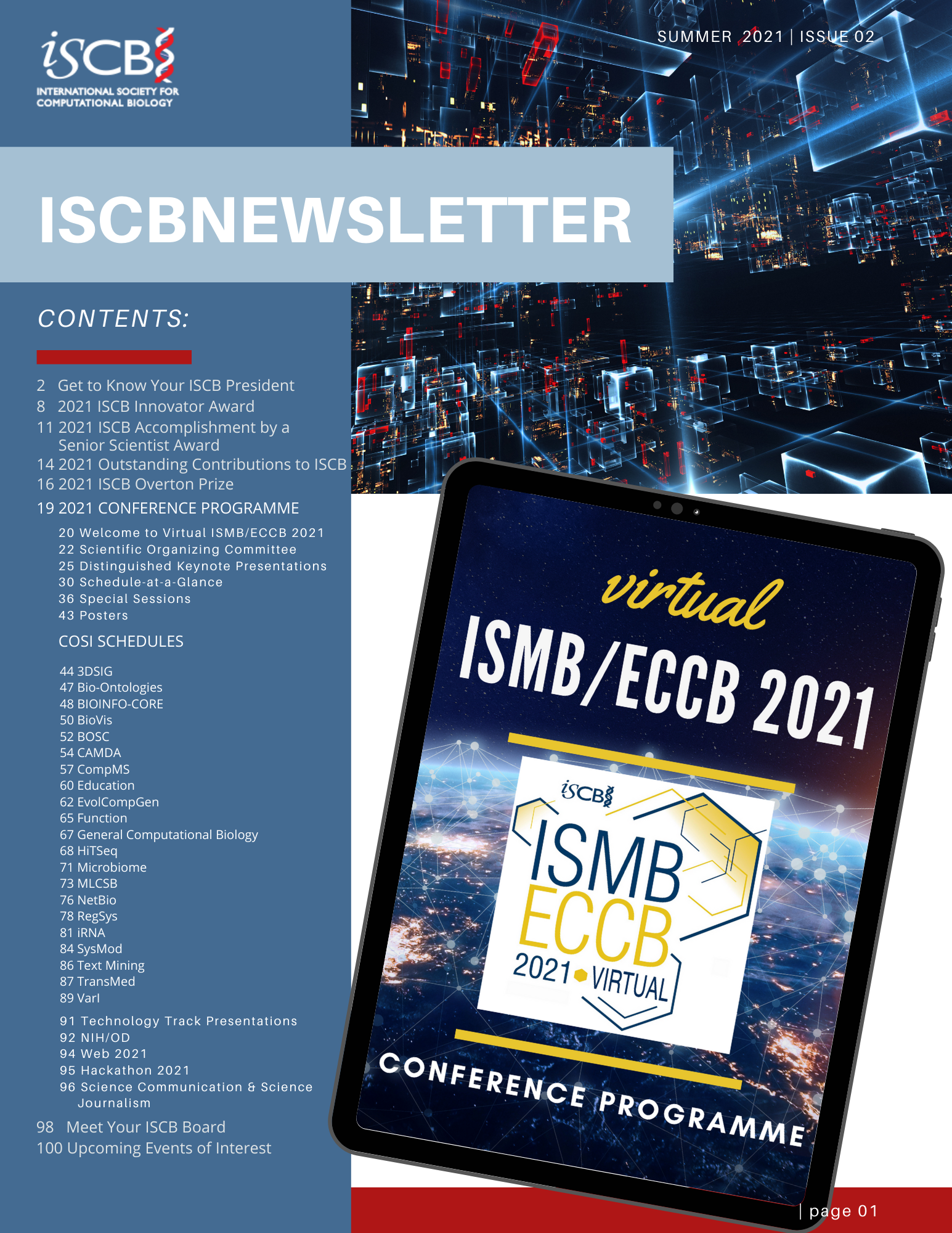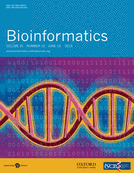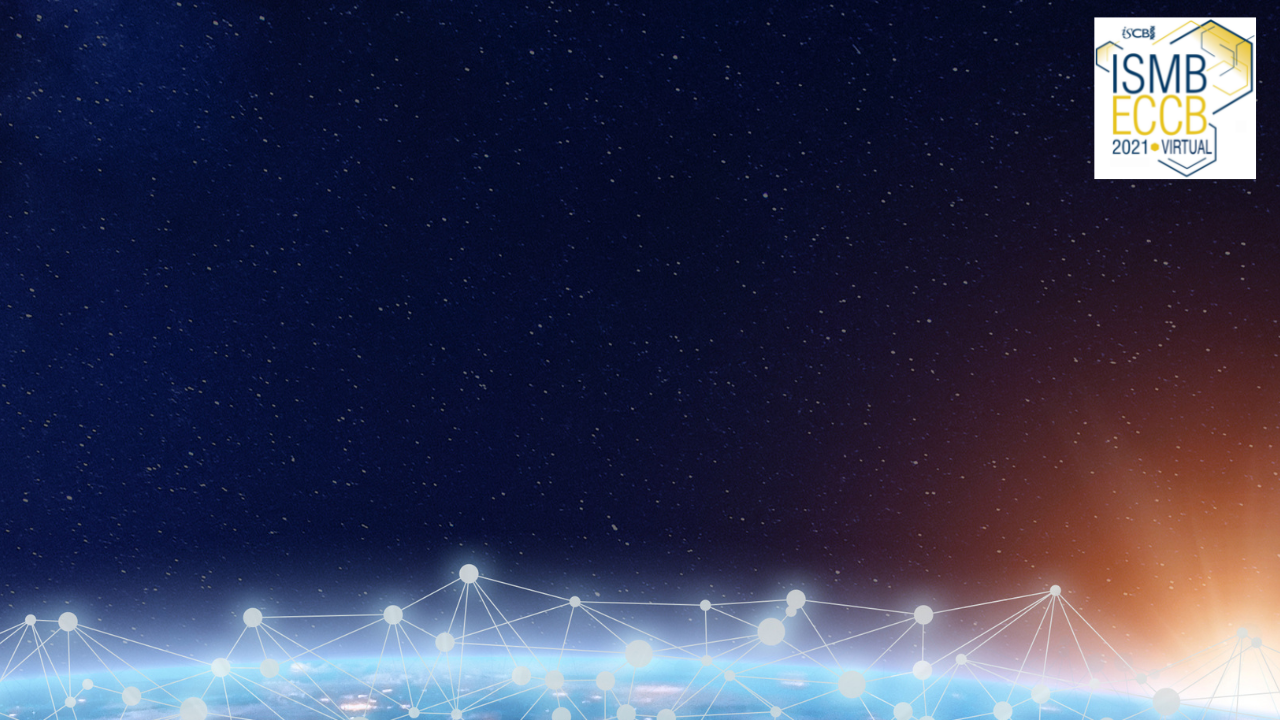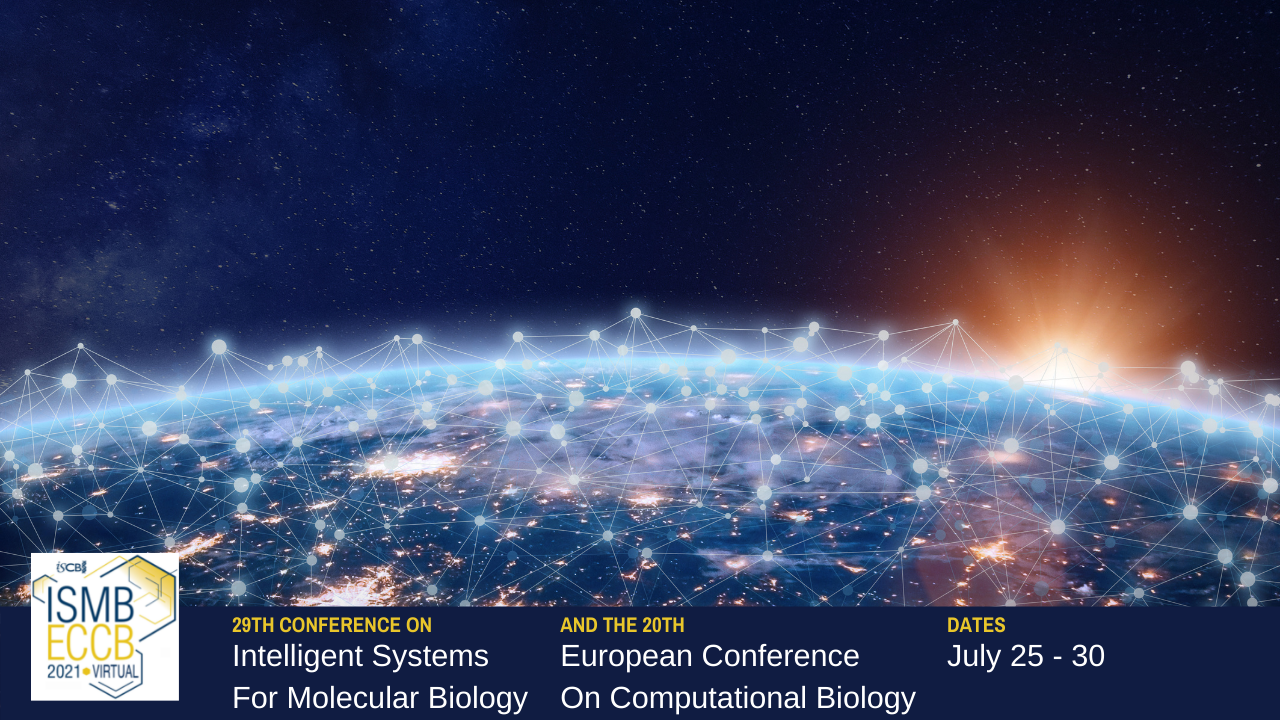Award Winners
Ian Lawson Van Toch Memorial Award for Outstanding Student Paper
RCSB PDB Poster Prize
Special Session: Representation learning in biology
Special Session: Emerging gain-of-function mutations and multi-omics network biology
Bio-Ontologies COSI – Best Talk Award
Bio-Ontologies COSI – Best Poster Award
BioVis COSI – Best Abstract
BioVis COSI – Test-of-Time Award
CAMDA COSI – Best Talk Awards
CAMDA COSI – Best Poster Award
CompMS COSI – Best Talk Award
CompMS COSI – Best Poster Award
EvolCompGen COSI - Best Talk Award
EvolCompGen COSI - Best Poster Award
iRNA COSI – Best Poster Award
NetBio COSI – Best Talk Award
NetBio COSI – Best Poster Award
SysMod COSI - Best Poster Awards
TransMed COSI Best Oral Presentation Awards
TransMed COSI Best Poster Awards
Cuttlefish: Fast, parallel, and low-memory compaction of de Bruijn graphs from large-scale genome collections

 Tsukasa Nakamura, JSPS(PD)/Tohoku University
Tsukasa Nakamura, JSPS(PD)/Tohoku UniversityTowards protein interface prediction using SE(3)-Transformer
Evotuning protocols for Transformer-based variant effect prediction on multi-domain proteins
HydrAMP: a deep generative model for antimicrobial peptide discovery
Building the Mind of Cancer
Hunting for functional genetic variants in human 3' UTR
Wikidata for 5-star Linked Open Databases: a case study of PanglaoDB
Designing potential extensions from G-SRS to ChEBI to identify natural product-drug interactions
Sehi L'Yi, Qianwen Wang, Fritz Lekschas, and Nils Gehlenborg
Devin Lange, Eddie Polacno, Robert Judson-Torres, Thomas Zangle, and Alexander Lex
Adam M Smith, Wen Xu, Yao Sun, James R Faeder, G. Elisabeta Marai
Targeting the hsot response in COVID-19 by integeration of metabolic modeling and cheminformatics
Filter Drug-induced Liver Injury (DILI) Literature with Natural Langauage Processing and Ensemble Learning
Discovering relationship between bacteriophages and antimicrobial resistance
Inferring peptide coefficients from quantitative mass spectrometery data
millipede - A Deep Learning Library to Predict the Entire Mass Spectrometery Life Cycle of Proteins and Peptide
Combining synteny and sequence-based approaches to investigate genome evolution after polyploidization
SonicParanoid2: Machine Learning-Driven Integration of Bidirectional Best Hit and Protein Domain Analysis for Faster and More Accurate Othology
Accurate detection of interspecific positive selection using convolutional neural networks
Super-Reconciliation with Horizontal Gene Transfers
Developing a machine learning approach to determine gene/protein features to classify bacterial groups
Evolution of Staphylococcal Antibiotic Resistance Systems Across Gram-Positive Bacteria
Alternative Splicing Based Classification of Heterogeneous Cancers Reveals Novel Disease Subtypes
On the limits of active module identification
Fast and flexible analysis of linked microbiome data with mako
Kazunari Kaizu, Kozo Nishida, and Koichi Takashi
Nina Verstraete, Malvina Marku, Helene Arduin, Marcin Domagal, Jean Jacques Fournie, Loic Ysebaert, Mary Poupot, and Vera Pancaldi
Eline S. van Mantgem, Gunnar W. Klau, and Heinrich Heine
Bence Keomley-Horvath, Attila Czikasz-Nagy, Istvan Reguly, and Pazmany Peter
Bringing the algorithms to the Data - Secure Distributed Medical Analytics using the Personal Health Train
Formulating a Gene Signature for Diagnosis of Autoimmune and Infectious Diseases
A novel feature selection pipeline for identifying predictive targets associated with drug toxicity
Identifying Dysfunctional Mechanisms of Pancreas-residing T-cells in Islet Autoimmunity Through Single-cell Immune Profiling
SynLeGG; analysis and visualization of multiomics data for discovery of cancer 'Achilles Heels' and gene function relationships
The wearables for wellness pilot: data-enabled primary care in an LMIC context






























